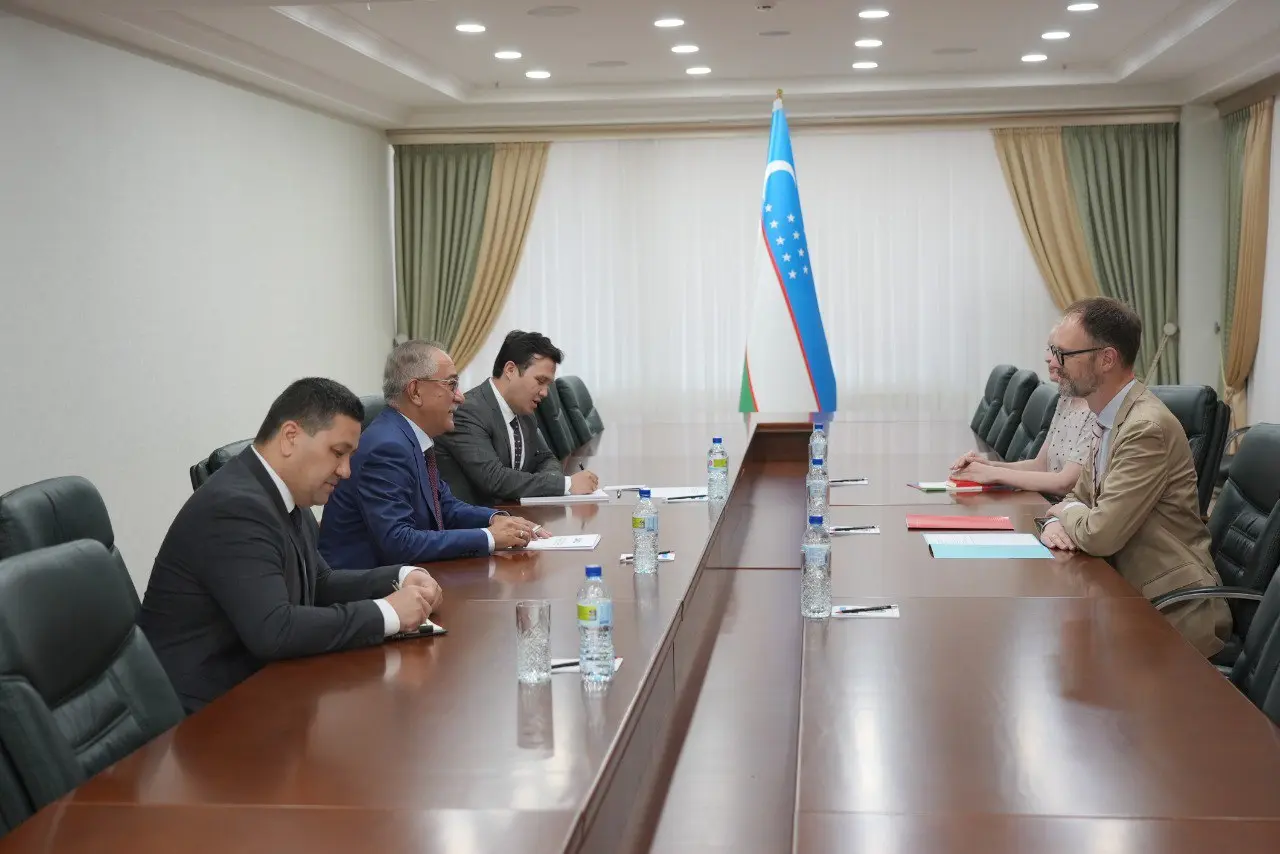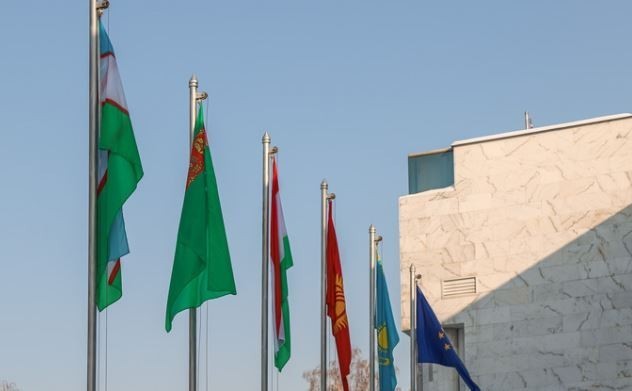The US Department of Defense has signed a contract with OpenAI for about $200 million. The agreement provides for the creation of prototypes of artificial intelligence systems for solving national security problems in the military and civilian spheres. According to information from the official list of new Pentagon contracts, OpenAI will receive $2 million in advance, the remaining amount will be paid as the project stages are completed.
According to the Ministry of Defense, the initiative is aimed at developing AI solutions for both combat operations and other areas of the department's activities. At the same time, there is no mention of military applications in the OpenAI release dedicated to the launch of the OpenAI for Government program. The company focused on using technologies to improve the efficiency of administrative processes, improve medical care for military personnel, and develop cyber defense. The term "warfare" is not used in the OpenAI statement, which attracted the attention of experts in connection with the company's previously declared policy on the inadmissibility of using its developments for military purposes.
Previously, OpenAI prohibited the use of its technologies for the development or use of weapons. In January 2025, this policy was relaxed: instead of the wording banning "military and combat applications", a more general call appeared not to use the service for harm. At the same time, it remains an open question whether these restrictions apply to projects for state structures.
The contract comes shortly after a number of top tech executives, including OpenAI chief Product Officer Kevin Weil and former chief Revenue Officer Bob McGrew, joined the U.S. Army Reserve as lieutenant colonels. These steps are related to participation in the new division "201: Corps of Executive Innovations", advising the Pentagon on the integration of AI in the defense sector.
OpenAI already has experience working with defense contractors. The company previously partnered with Anduril, founded by former Meta employee Palmer Luckey. Last month, Anduril and Meta announced that they were working together to develop augmented reality technologies for the US Army, after Microsoft pulled out of a similar project.











